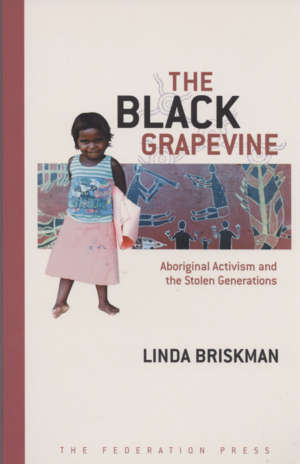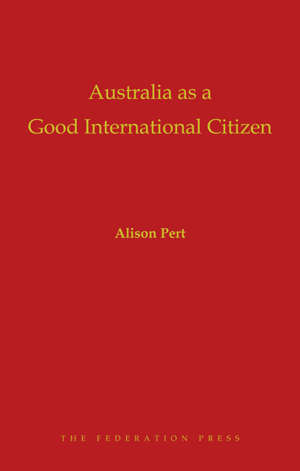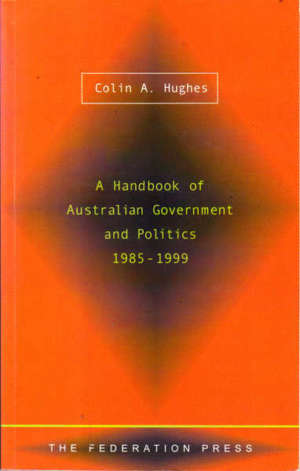Product Description
Canada, Australia and New Zealand inherited and adapted a monarchical framework of government, even in the absence of a resident monarch. Although steady transfer of the royal prerogative to a popularly elected executive has enabled these three former dominions to be sometimes described as “crowned republics” or “disguised republics”, there was no popular drive to abandon monarchy until the 1990s, and even then the republican cause was based largely on issues of symbolism and national identity than on perceived core weaknesses in the political system.
This book traces the long and sometimes subtle process of localising monarchy in the vice-regal office from the mid-twentieth century onwards, and compares the powers and functions of the Queen’s surrogates with each other and with those of the monarch herself, including their recourse to the so-called “reserve powers”. Among the key questions posed in this comparative study are: Can the current monarchical system be refined to the point of countering republican sentiment? Why has the republican argument gained more momentum in Australia than in Canada or New Zealand? Can a republican model retain residual monarchic elements? What is likely to be the lasting legacy of the Crown in these three strikingly similar political cultures?
The author’s underlying loyalties are neither firmly monarchist nor firmly republican. He is convinced, however, that the combined effects of a strong sense of national identity and an increasingly presidential style of political leadership within these three Westminster-derived systems make it difficult for contemporary governors-general (or their state and provincial colleagues)to fulfil two of their key roles-to unite and inspire the people on the one hand and to be a credible constitutional watchdog on the other.







